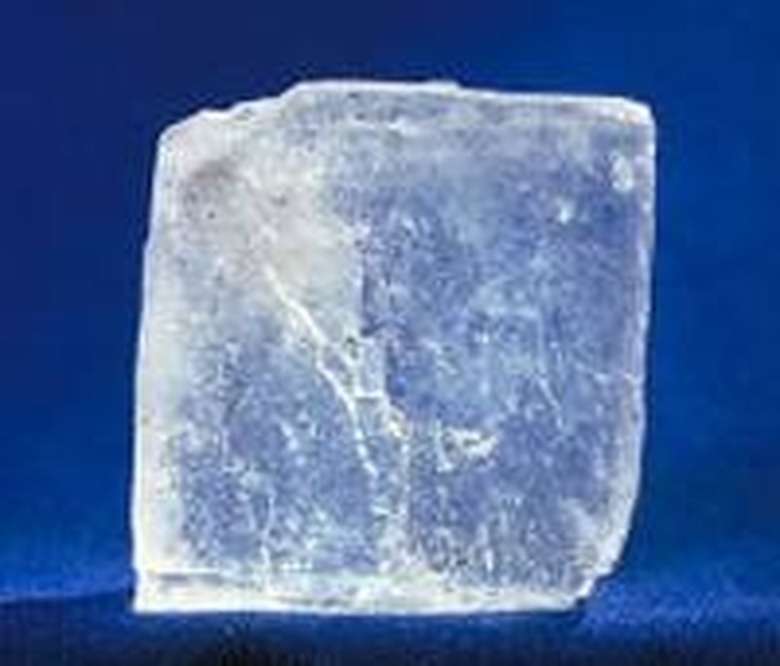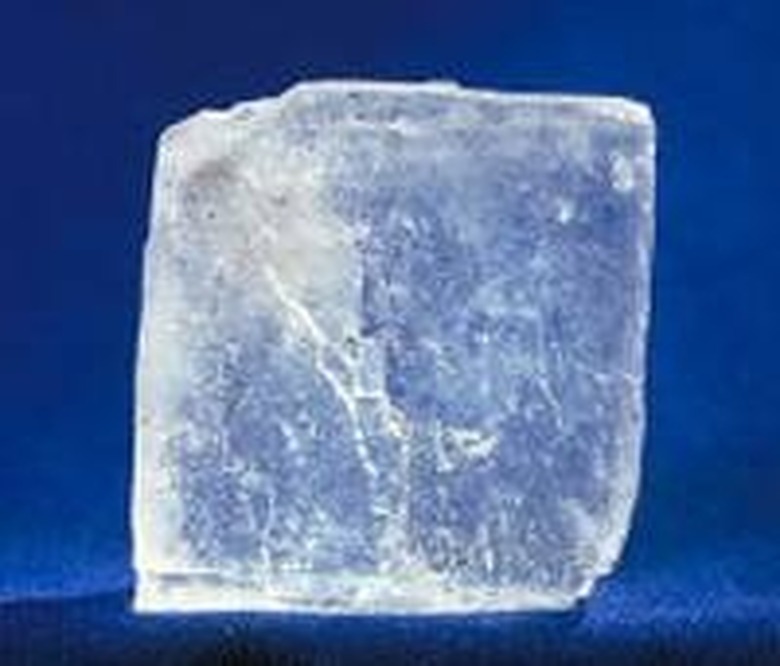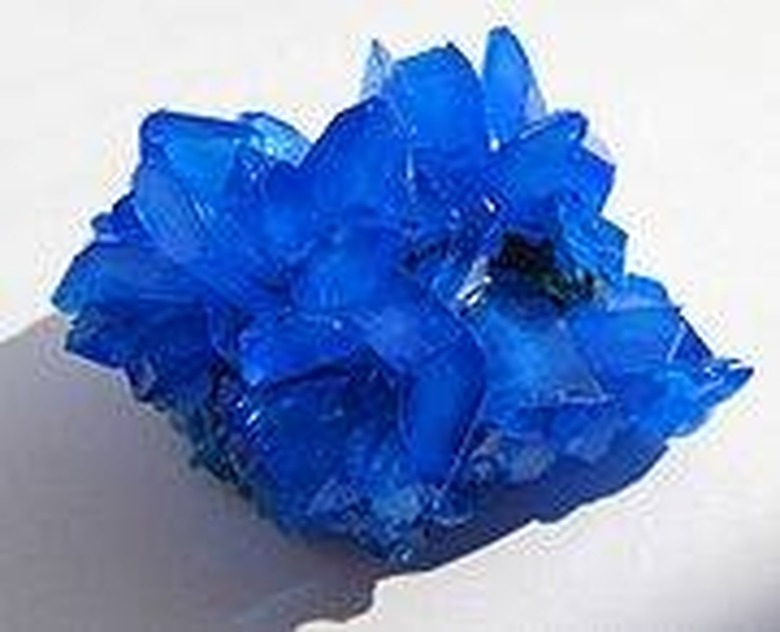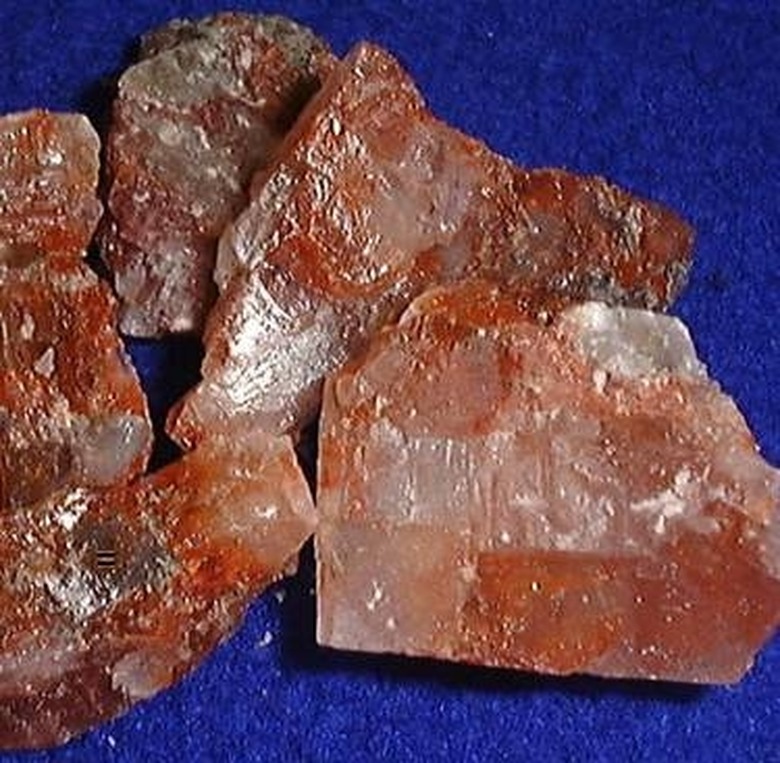How Does Salt Affect The pH Of Water?
Sodium Chloride
Sodium Chloride
Table salt is called sodium chloride. When it is added to water, it breaks down into ions of sodium and chlorine. Neither of them reacts with water, so salt will only change the volume of the water, not its pH. In order for any type of salt to affect the pH (potential of hydrogen), it has to react with water to release or bind the hydrogen atoms from the water.
Acidic Salts
Acidic Salts
A salt is a general term in chemistry that refers to a negatively charged ion and a positively charged ion (like the Na+ and Cl- ions in table salt) that are brought together when an acid and a base neutralize each other. Adding a basic salt like ammonium chloride (NH4Cl) to water produces a reaction in which the ammonium ion (NH4+) combines with water to produce a hydronium atom (H3O+), which is an acid because it releases hydrogen. Acidic salts make water more acidic.
Basic Salts
Basic Salts
Some salts can make a solution like water more alkaline, and we call these basic salts. For example, sodium carbonate (Na2CO3) is a salt that when added to water breaks into two sodium ions (Na+) and one carbonate ion (CO32-), which combines with water to form hydroxide (OH-), which is a base.
Water Softeners
Water Softeners
Many municipalities and some homes will "soften" water by filtering it through a salt. The salt binds with the minerals to take them out of the water. So by adding salt to your water softener, you are only changing the amount of minerals in the water, not its pH.
References
Cite This Article
MLA
Salzwedel, Mark. "How Does Salt Affect The pH Of Water?" sciencing.com, https://www.sciencing.com/salt-affect-ph-water-5155101/. 24 April 2017.
APA
Salzwedel, Mark. (2017, April 24). How Does Salt Affect The pH Of Water?. sciencing.com. Retrieved from https://www.sciencing.com/salt-affect-ph-water-5155101/
Chicago
Salzwedel, Mark. How Does Salt Affect The pH Of Water? last modified March 24, 2022. https://www.sciencing.com/salt-affect-ph-water-5155101/



